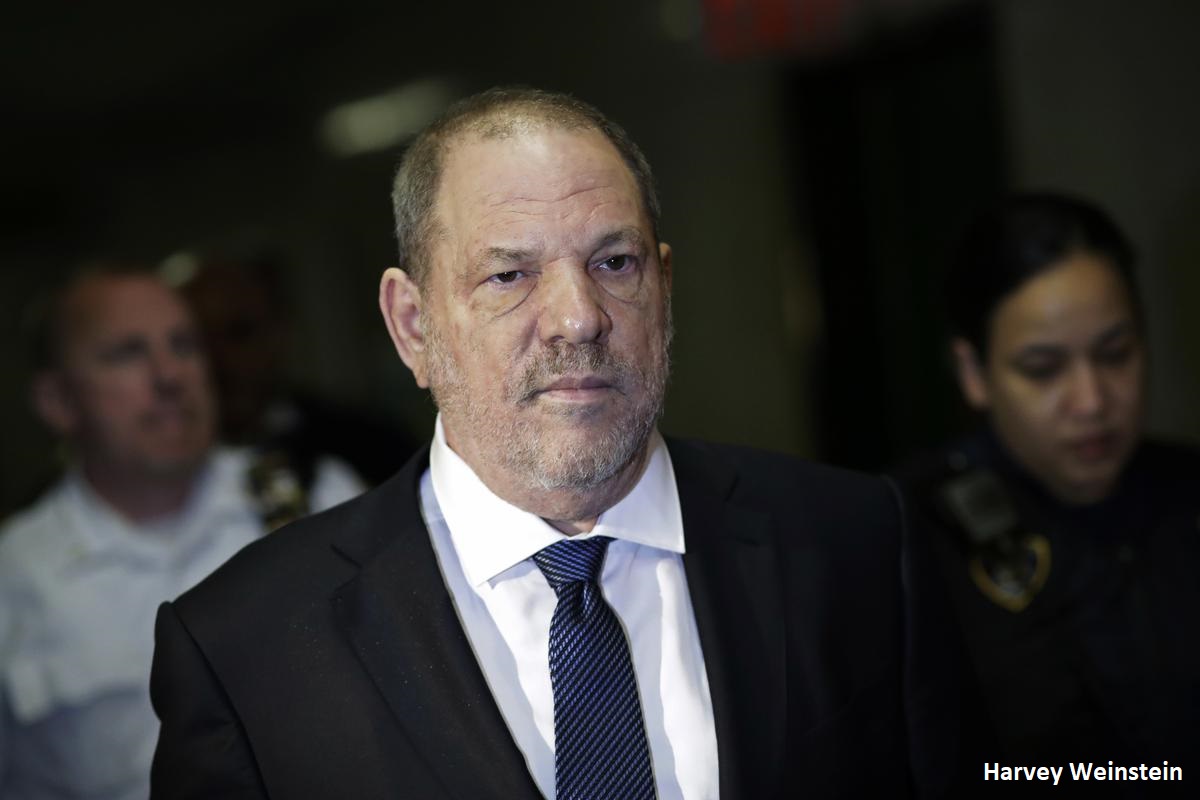
The recent decision by New York’s highest court to overturn Harvey Weinstein’s 2020 conviction on felony sex crime charges marks a significant reversal in the landmark case of the #MeToo movement. In a surprising 4-5 ruling, the New York Court of Appeals concluded that the trial judge overseeing Weinstein’s case had committed a critical error by permitting prosecutors to call forth a series of women who alleged that Weinstein had assaulted them, despite these accusations not being part of the charges against him.
Citing this pivotal decision and other identified errors, the appeals court determined that Weinstein, once one of Hollywood’s most influential figures as a movie producer, did not receive a fair trial. The majority of judges argued that Weinstein was effectively tried not solely for the crimes he was formally charged with, but for a significant portion of his past behavior as well.
Search
Recent Posts:
- OpenAI Brings ChatGPT to be used in WhatsApp: Here’s How It Works and What You Can Do To Use It.

- Realme 14x 5G: A Budget Smartphone With Premium Features.

- Exploring Apple Genmoji: A New Era of Custom Emoji Creation.

- 2024 United States Presidential Election: Donald Trump Declares Victory in 2024 Presidential Election

- Chancellor Olaf Scholz’s Visit to India: Advancing Indo-German Cooperation on Defense, Trade, and Regional Stability.

- Realme GT 7 Pro Is Ready To Launch in India On November with Snapdragon 8 Elite.

Manhattan DA Faces Weighty Decision Following Harvey Weinstein Conviction Reversal.
The aftermath of this ruling places the decision on whether to pursue a retrial of Weinstein in the hands of the Manhattan district attorney, Alvin L. Bragg, who is concurrently handling a trial against former President Donald J. Trump. However, the immediate implications of this decision on Weinstein, who is currently incarcerated in an upstate prison in Rome, New York, remain uncertain.
Despite this reversal, the 71-year-old Weinstein remains in custody, as he was sentenced to 16 years in prison in California in 2022 for raping a woman in a Beverly Hills hotel. Accused of sexual misconduct by over 100 women, Weinstein was convicted in New York of assaulting two of them. The Court of Appeals’ decision, coming over four years after Weinstein’s initial conviction by a New York jury, adds complexity to the disgraced producer’s narrative and highlights the challenges within the legal system in addressing claims of sexual crimes. Weinstein, now 72, has been serving a 23-year sentence in a New York prison following his conviction on charges of criminal sex act and rape in the third degree.
Weinstein’s Conviction Overturned in New York, but Incarceration Continues in Los Angeles.
Despite the overturning of his New York conviction, Weinstein remains incarcerated due to his separate conviction in Los Angeles in 2022 for another rape, for which he received a 16-year sentence. Weinstein’s defense team argued that Judge James Burke’s rulings favored the prosecution, effectively transforming the trial into a campaign against Weinstein.
While originating from allegations raised by documentary filmmaker Jennifer Siebel Newsom, the trial also resulted in Weinstein’s conviction for raping an Italian actress who claimed he assaulted her in a hotel room in 2013. Similarly, in the Los Angeles case, prosecutors presented witnesses who accused Weinstein of sexual offenses for which he had not been formally charged. Nonetheless, the legal framework surrounding witness testimony in California differs from that of New York. For instance, California legislation permits prosecutors to demonstrate that a defendant’s sexually predatory behavior forms part of a recurring pattern.
Setback for #MeToo.
Essentially, it allows for the inclusion of evidence related to similar offenses in cases of sexual assault, as such evidence is deemed pertinent to the primary case. The reversal of Weinstein’s conviction represents a significant setback for the #MeToo movement, following the US Supreme Court’s refusal to hear an appeal of a Pennsylvania court’s decision to overturn Bill Cosby’s sexual assault conviction.
Despite standing for over four years and being hailed as a milestone achievement by activists, Weinstein’s conviction was swiftly dismantled by his legal team and, subsequently, by the Court of Appeals during its deliberation in February. At the heart of the decision to overturn Weinstein’s conviction lies the concept of “Molineux witnesses”, referring to witnesses permitted to testify about criminal acts that the defendant has not been formally charged with. Prosecutors in Weinstein’s trial aimed to demonstrate to jurors his extensive history of using his position as a Hollywood producer to exploit young women, calling forth four such witnesses: Annabella Sciorra, Dawn Dunning, Tarale Wulff, and Lauren Young. Although Weinstein was not charged with assaulting these women, Justice James Burke allowed their testimony as Molineux witnesses, also known as “prior bad act” witnesses.
To read more topics, please visit: https://insightfulbharat.com






